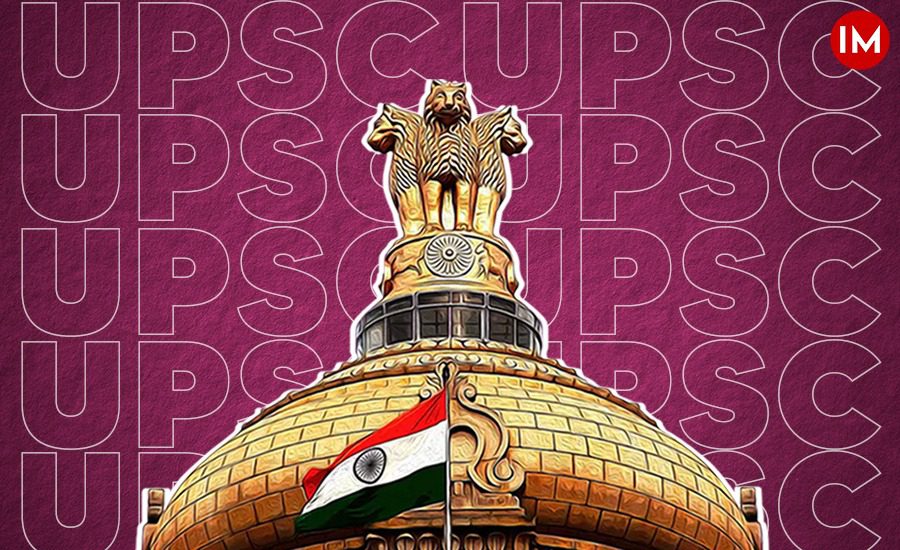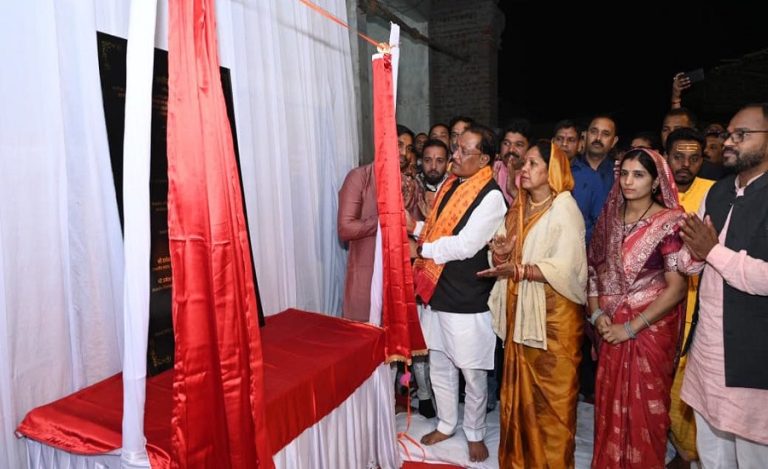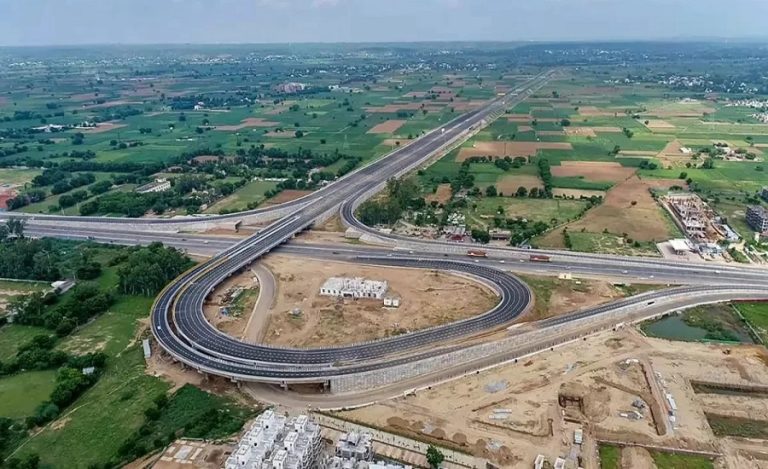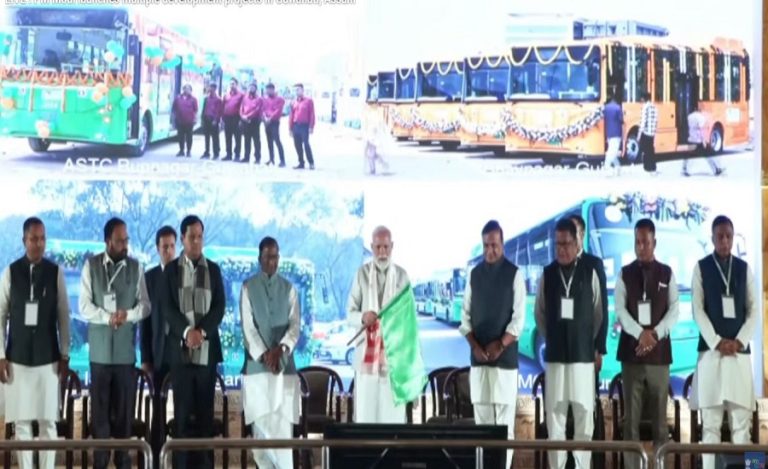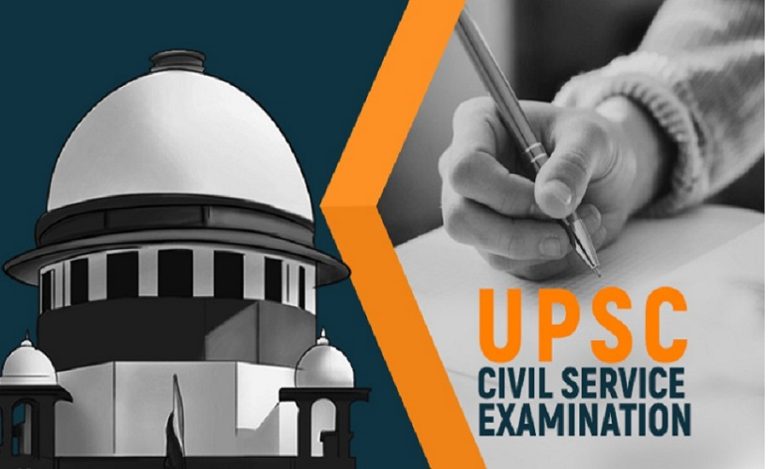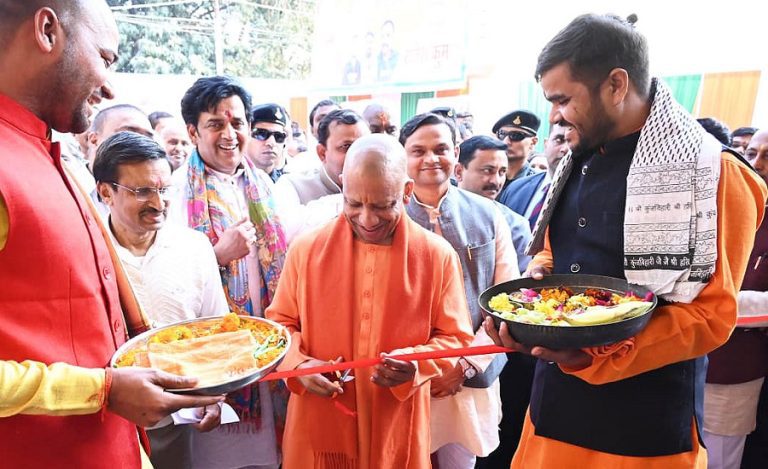New Delhi: The UPSC Civil Services Mains 2025, scheduled from August 22 to August 29, is now just days away. The admit card has been released and can be downloaded from the official UPSC website.
As aspirants enter the final stretch of their revision, it is crucial to focus on high-impact, interdisciplinary topics—especially those that are current and policy-relevant. This is particularly important for General Studies Paper II, known for its analytical and conceptual demands.
To help streamline your preparation, here are some must-revise topics that offer rich potential for scoring well through balanced, fact-based analysis:
1. Digital Personal Data Protection Act, 2023: Balancing Privacy and Innovation
First comprehensive law on digital data privacy in India.
Key features: Consent-based data processing, Data Protection Board, safeguards for minors, cross-border data transfer guidelines.
Replaces IT (Reasonable Security Practices) Rules under Section 43A of IT Act, 2000.
UPSC Angle: Fundamental rights (Article 21), right to privacy, governance in digital era, citizen-state relationship.
Read Also: UPSC Rules Out Shortening Civil Services Exam Cycle, Cites Confidentiality & Scale – Details Inside
2. One Nation, One Election: Reforming India’s Electoral Landscape
What It Is: Proposal to synchronise Lok Sabha and State Assembly elections.
Why It Matters: Aims to reduce the cost, burden, and disruption caused by frequent elections.
Recent Update: The High-Level Committee Report (2024) accepted by the Union Cabinet on Sept 18, 2024.
Historical Context: Practiced from 1951–1967; discontinued due to premature dissolutions.
Likely Questions:
Discuss the advantages and challenges of implementing simultaneous elections in India.
Examine the constitutional and logistical hurdles in aligning election cycles.
3. Union Budget 2025: Fiscal Policy and Welfare Orientation
Key Announcements:
No income tax on income up to ₹12.75 lakh (new regime).
₹1 lakh crore Rozgar Yojana, tax and regulatory reliefs for MSMEs.
Massive investment in AI in education, nuclear energy, and critical R&D.
Why It’s Important: Reflects the government’s focus on middle-class relief, self-reliance, and digital economy.
Likely Questions:
Evaluate how Budget 2025 supports MSMEs and employment creation.
Critically analyse India’s fiscal consolidation roadmap vis-à-vis welfare spending.
4. Mission Gaganyaan: India’s Leap in Space Diplomacy
Milestones:
First human spaceflight scheduled for 2027.
TV-D1 test mission successful, TV-D2 scheduled in late 2025.
Four Indian astronauts in final training phase.
Strategic Vision: Path to an Indian space station by 2035 and moon mission by 2040.
Broader Impact: Boosts India’s soft power, technology spinoffs, and private space sector.
Likely Questions:
Assess the strategic and economic implications of India’s Gaganyaan mission.
How does space technology contribute to India’s global stature and innovation ecosystem?
5. India’s Critical Minerals Strategy: Securing Tech Sovereignty
National Critical Minerals Mission exploring 1,200 sites for key minerals (e.g., lithium, rare earths, cobalt).
Tied to India’s goals in EVs, semiconductors, defence manufacturing, and clean energy.
Complemented by Deepwater Energy Exploration Mission.
UPSC Angle: Resource security, strategic autonomy, Atmanirbhar Bharat, climate transition.
6. Judicial Reforms: Building Efficiency, Access, and Accountability
Major Reforms:
e-Courts Phase III (₹7,210 Cr) for digital integration and paperless courts.
Increased Fast Track Courts, virtual courts, and judicial appointments.
Nyaya Bandhu & Pro Bono clubs to enhance legal access.
Infrastructure Push: Court halls grew from 15,818 (2014) to 22,372 (2025).
Why It’s Relevant: A direct GS II topic under “Judiciary” and “Government Policies & Interventions”.
Likely Questions:
Evaluate the impact of e-Courts and judicial digitisation on access to justice.
Critically assess reforms needed to reduce judicial pendency in India.
7. Operation Sindoor: A Showcase of Strategic Synergy
Context: Launched on May 7, 2025, post-Pahalgam terror attack.
Highlights:
Targeted 9 terror camps deep inside Pakistan.
Tri-services coordination: Army, Air Force, Navy, BSF.
Robust use of indigenous defence platforms like Akash missiles, IAF strikes, naval air denial.
Broader Significance: Reinforces India’s deterrence doctrine, and strategic autonomy.
Likely Questions:
Examine how Operation Sindoor reflects India’s evolving counter-terror strategy.
Discuss the role of integrated theatre commands in enhancing national security.
Final Word for Aspirants
These topics intersect policy, governance, reform, and national security—making them highly valuable across GS II, GS III, and even essay papers. Focus on:
- Constitutional & legal dimensions
- Recent developments
- Balanced analysis with pros & cons
- Interlinking with ethics, international relations, and economy
A clear structure, with facts, analysis, and conclusion, will set your answers apart.

